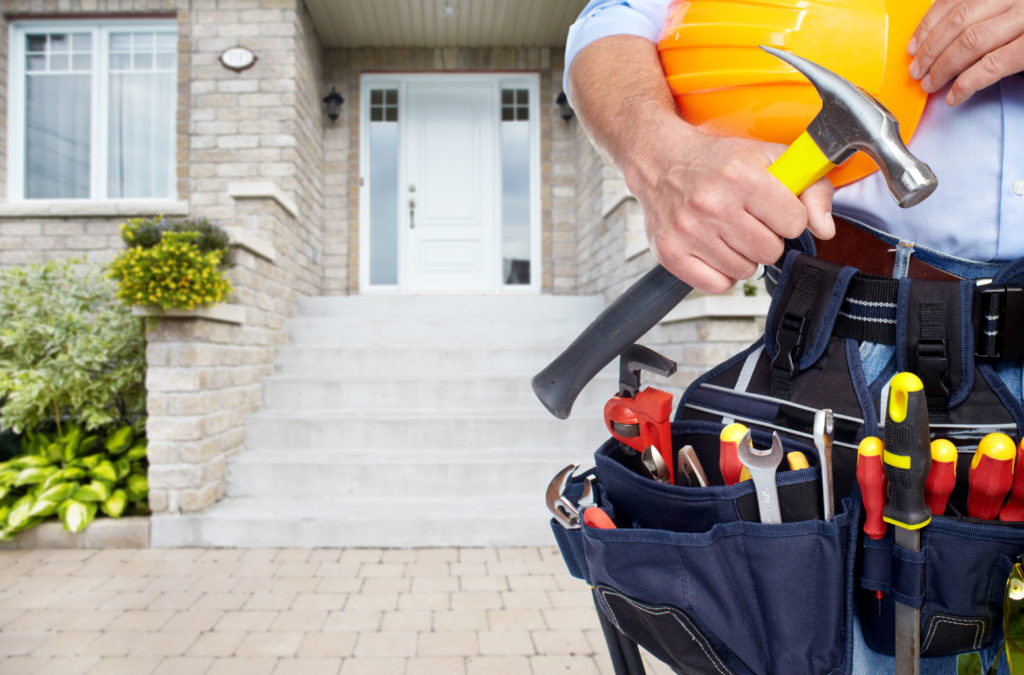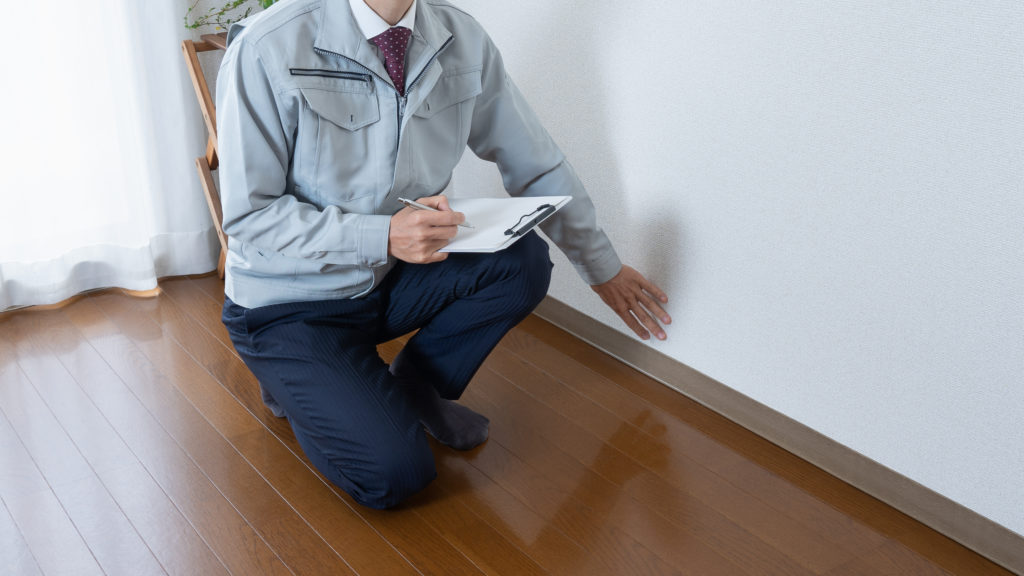
Often, Board members, officers, and managers of condominiums face the decision of whether an action they want to take is considered a repair or an improvement. However, because a Board is limited on improvement spending without a vote and repairs tend to be discretionary, many decisions often have consequences. With Condominium Law, every detail and how it is approached is imperative. Here, the team from Feniger, Uliasz & Stacey delves into the subject a bit further.
What’s the big deal, anyway?
The cost for repairs is paid out of reserves or through a special assessment. Improvements, however, are allocated and budgeted through the operating account. The ongoing dispute over the definition of “repair” and “improvement” has been the cause of a lot of litigation.
The Supreme Court becomes involved.
Until recently, “improvement” remained undefined for purposes of the New Hampshire Condominium Act, RSA 356-B. In a decision dated June 9, 2017, in the case of Condominiums at Lilac Lane Unit Owners Association v. Monument Garden, LLC, the Supreme Court offered a definition of “improvement” as it applies to at least one section of the statute. Given the decision, we would postulate that the same definition would apply across the board. The court defined the term improvement to mean, “a permanent addition to or betterment of real property that enhances its capital value and that involves the expenditure of labor or money and is designed to make the property more useful or valuable, as distinguished from ordinary repairs”.

Business Judgment Rule
It would be prudent for Boards of Directors, officers, and managers to take this definition into consideration in determining whether contemplated projects in their condominium association are “repairs” or “improvements.” It is incumbent on directors and officers to apply the Business Judgement Rule, which includes evaluating the legal definitions of terms contained in the governing documents and the condominium act.
The obligation is one of a fiduciary, a very high legal standard. One way to discharge the duty is to seek a legal opinion from an attorney experienced in condominium law in New Hampshire. While there are several law firms that have attorneys licensed in New Hampshire, the law firm of Feniger, Uliasz & Stacey is located in New Hampshire, and our attorneys live in New Hampshire.
If you need advice regarding New Hampshire condominium law, contact Feniger, Uliasz & Stacey by calling 603.627.5997.
